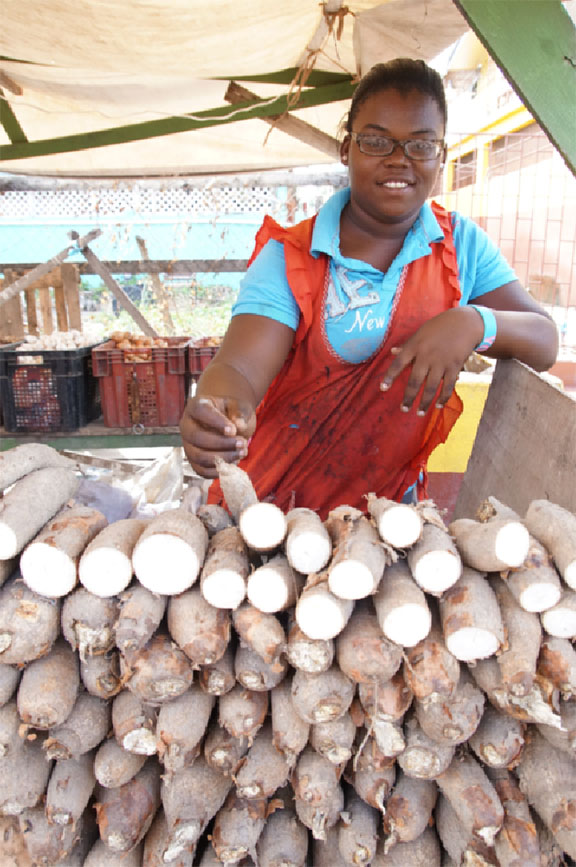‘Eat what you grow, grow what you eat.’ This was the slogan in the mind of Dr Ian Thompson, lecturer in Food Chemistry, Department of Chemistry, Mona, when in 2011 he made a composite cassava wheat bread as a substitute for regular wheat bread.
His desire to experiment with cassava to make bread was also whetted by the global food for fuel crisis which emerged in 2008 and led to the use of animal feed (corn) to produce fuel.
The wheat bread seen on local supermarket shelves is made from wheat imported from North America. Over 200,000 tonnes of wheat is imported annually, mainly for use in the production of bread.
In 2009, in an effort to reduce the food import bill, the Jamaican government embarked on an “Eat What You Grow Campaign” and the farming community was encouraged to increase production of cassava, among other crops. However, the market was not robust enough to absorb the increased output of cassava which is limited locally to the

